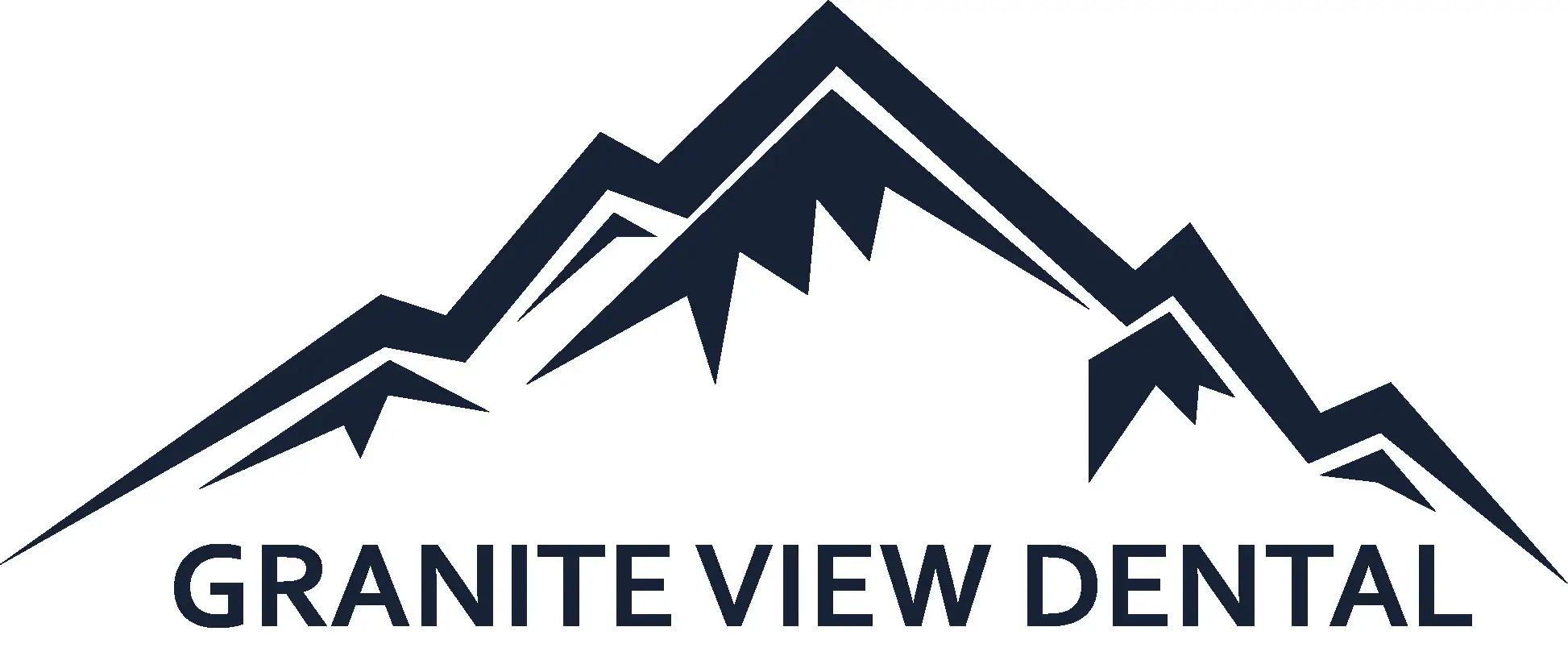Dental Cleanings
Dental cleanings, also known as prophylaxis, are essential for maintaining oral health and preventing dental issues. These professional cleanings, performed by our hygienist or dentist in Sandy, UT, are typically recommended every six months and involve the removal of plaque and tartar from teeth surfaces and below the gum line. The procedure includes scaling, which scrapes off hardened deposits, and polishing to eliminate stains and smooth out the teeth.
Regular cleanings help prevent cavities, gum disease, and bad breath while enabling early detection of potential oral health problems. Maintaining good oral hygiene practices at home, like brushing and flossing, complements these professional cleanings for optimal dental health.
Why Are Dental Cleanings Important?
Prevention of Cavities
Plaque is a sticky film of bacteria that constantly forms on your teeth. If not removed regularly, plaque can harden into tartar, leading to tooth decay and cavities. Professional cleanings effectively remove plaque and tartar buildup, reducing the risk of decay and keeping your teeth healthy.
Prevention of Gum Disease
Tartar buildup along the gumline can cause inflammation, leading to gingivitis, the early stage of gum disease. If left untreated, gingivitis can progress to more severe forms of gum disease, like periodontitis, resulting in tooth loss. Regular cleanings in Sandy, UT, help prevent gum disease by removing tartar and reducing inflammation.
Early Detection of Oral Health Issues
Dental professionals can identify early signs of oral health problems such as cavities, gum disease, and even oral cancer during a cleaning. Early detection is critical for effective treatment and can prevent more severe health issues.
Aesthetic Benefits
Dental cleanings remove surface stains caused by food, drinks, and tobacco, leading to a brighter and more attractive smile. Polished teeth look better and feel smoother and cleaner, boosting your confidence.
Fresh Breath
Bad breath, or halitosis, is often caused by bacteria in the mouth. Regular cleanings help remove these bacteria, resulting in fresher breath. This is particularly beneficial for individuals who struggle with persistent bad breath despite good oral hygiene practices.
Overall Health Benefits
Oral health is closely linked to overall health. Poor oral hygiene has been associated with various systemic conditions, such as heart disease, diabetes, and respiratory infections. Maintaining good oral health through regular cleanings can reduce the risk of these health issues.
Cost-Effective Preventive Care
Regular dental cleanings can save you money in the long run by preventing the need for more extensive and expensive dental procedures. Addressing minor issues early on through preventive care is far less costly than treating advanced dental problems.
What Happens During a Dental Cleaning?
The process usually begins with a brief physical examination of your mouth. Using a small mirror, the hygienist checks around your teeth and gums for signs of gingivitis (inflamed gums) or other potential concerns, such as cavities or oral cancer. This initial inspection helps identify areas needing special attention during the cleaning process. The hygienist might consult the dentist before proceeding if significant issues are detected.
The next step involves removing plaque and tartar. Plaque is a sticky film of bacteria that forms on your teeth. If not removed, it can harden into tartar, which can only be removed with professional dental tools. Using a scaler, the hygienist meticulously removes plaque and tartar around your gum line and between your teeth. This step might involve some scraping sounds and slight discomfort, especially if there is a significant buildup or gum sensitivity.
After removing plaque and tartar, the hygienist uses a high-powered electric brush and gritty toothpaste for a deep clean and polish. This toothpaste's gritty consistency gently scrubs your teeth, removing any remaining plaque and minor surface stains. The electric brush makes a grinding noise, but it's an effective way to polish the teeth to a smooth, clean finish. This part of the process helps make your teeth feel cleaner and appear brighter.
Following the polishing, the hygienist flosses between your teeth to remove debris and plaque from missed areas during brushing. This also helps identify spots that might bleed, indicating potential gum issues. Next, you rinse your mouth to clear away any leftover particles. Often, the rinse contains fluoride, which helps strengthen the teeth.
Finally, a fluoride treatment is applied. This treatment, usually in the form of a gel, foam, or varnish, is used on your teeth to protect them against cavities and make them more resistant to decay. The fluoride treatment is left on your teeth for a few minutes to maximize its protective benefits. Contact us today to learn more.
How to Maintain Oral Health Between Cleanings
To maximize the benefits of your professional cleanings, it's essential to maintain good oral hygiene practices at home:
- Brush your teeth with fluoride toothpaste and a soft-bristled toothbrush at least twice a day, for at least two minutes each time.
- Flossing removes plaque and food particles from between your teeth and under the gumline, areas your toothbrush can't reach.
- Antibacterial mouthwash can help reduce plaque and prevent gum disease.
- Limit sugary snacks and drinks, and eat a diet rich in fruits, vegetables, and calcium.
- Water, especially after meals, helps wash away food particles and bacteria.
- Smoking or using other tobacco products increases the risk of gum disease and oral cancer.
Regular dental cleanings are essential for maintaining a healthy mouth and overall well-being. Visit Granite View Dental at 1030 E 11400 S, Suite 2, Sandy, UT 84094, or call (801) 255-2100 to schedule your next dental cleaning today to keep your smile in top condition.
Office Hours
MON - WED9:00 am - 5:00 pm
THU7:00 am - 3:00 pm
FRI8:00 am - 3:00 pm
SAT - SUNClosed
